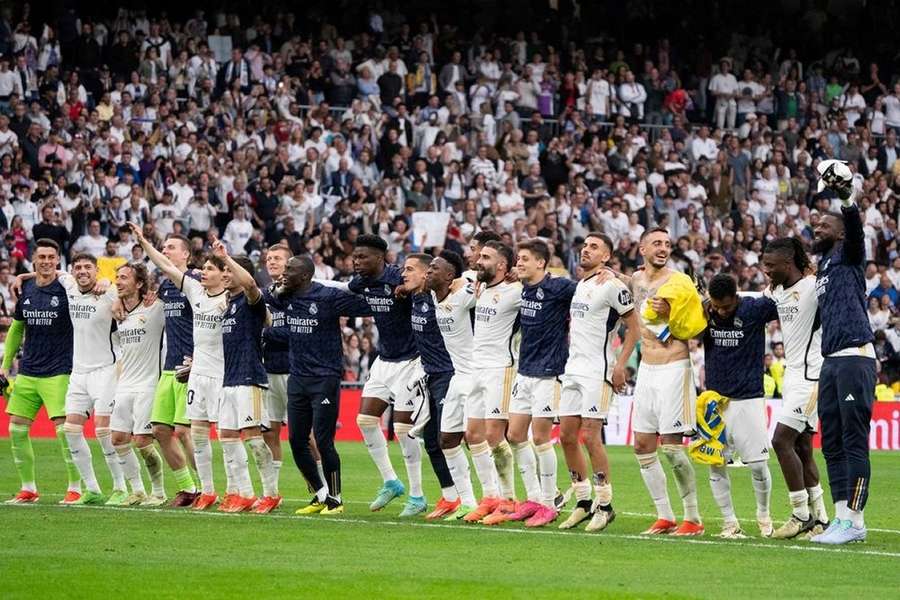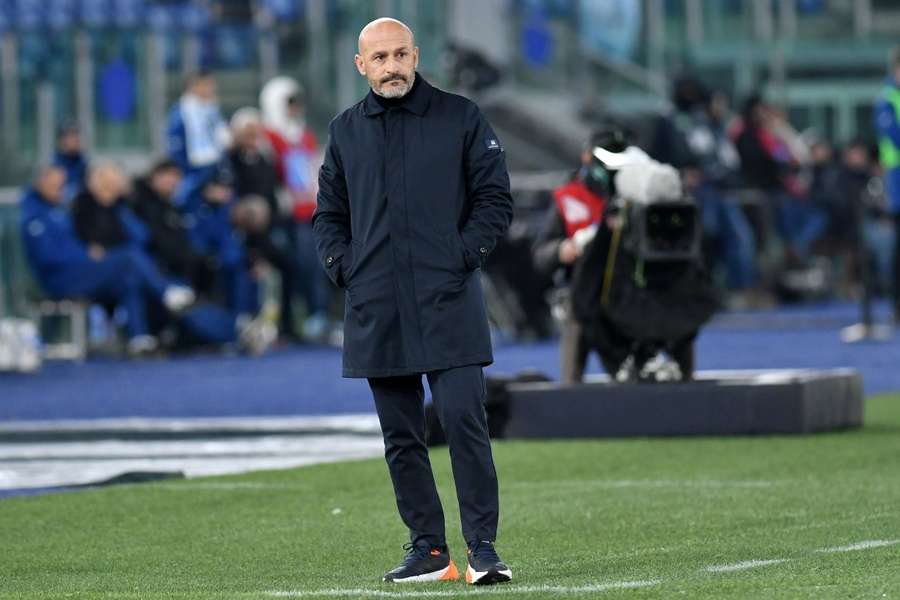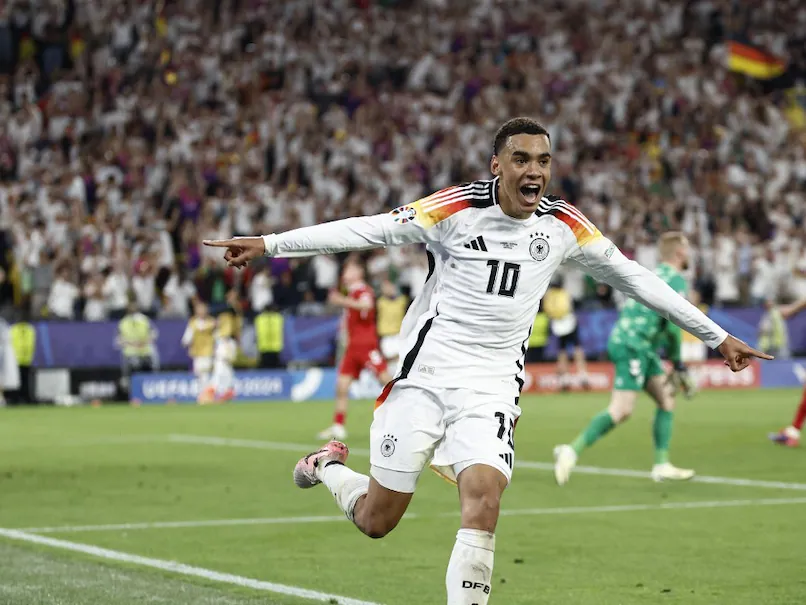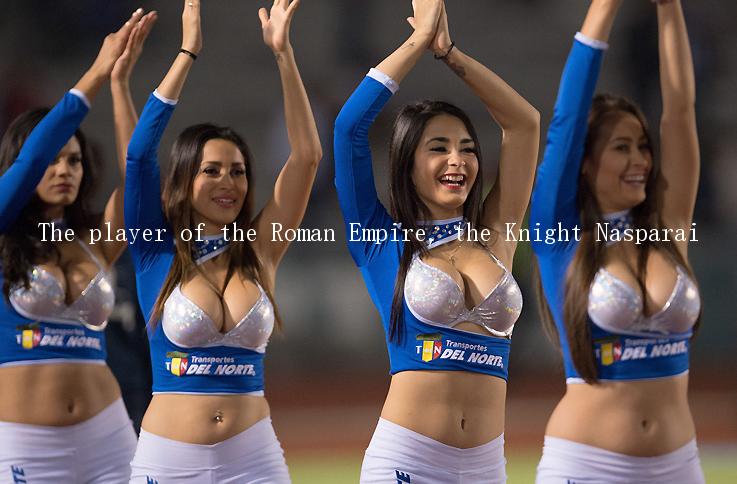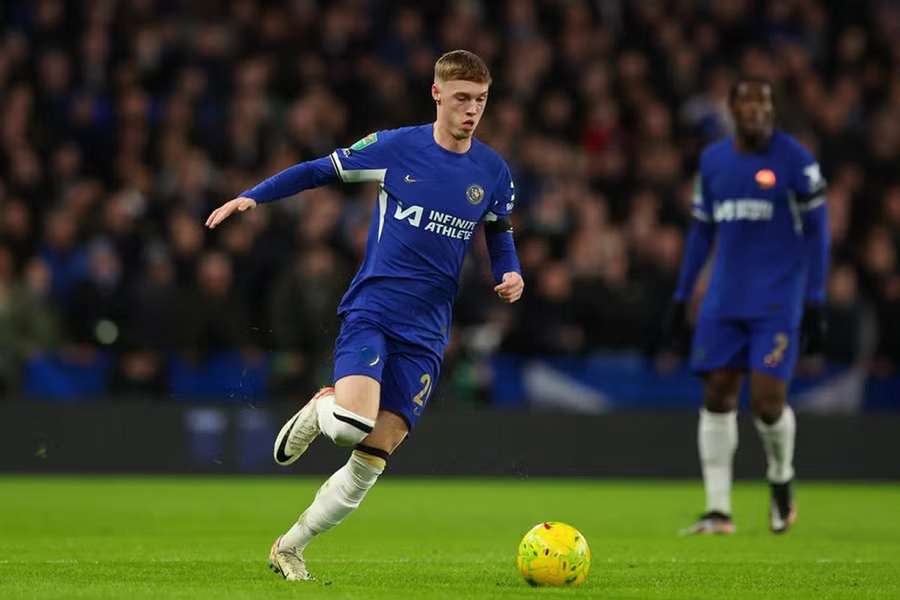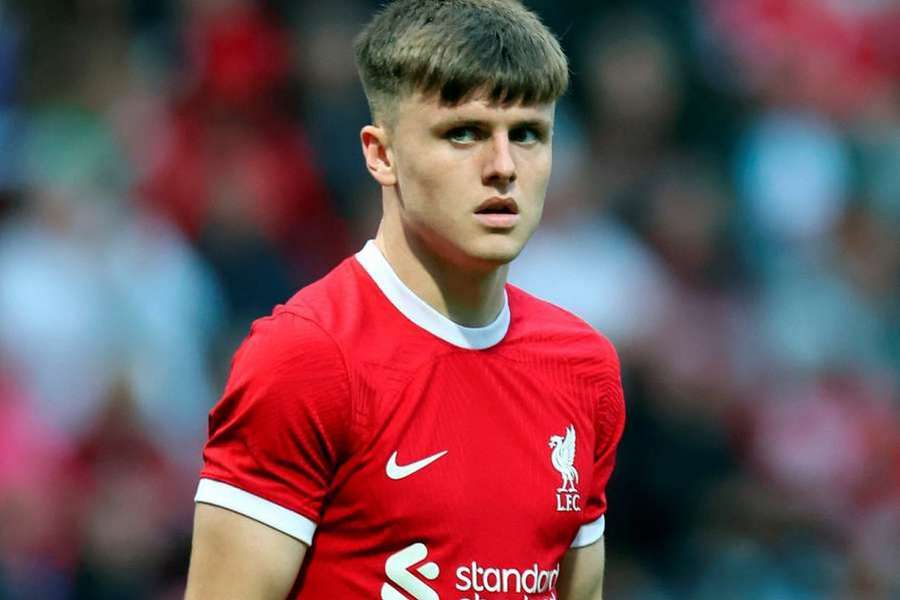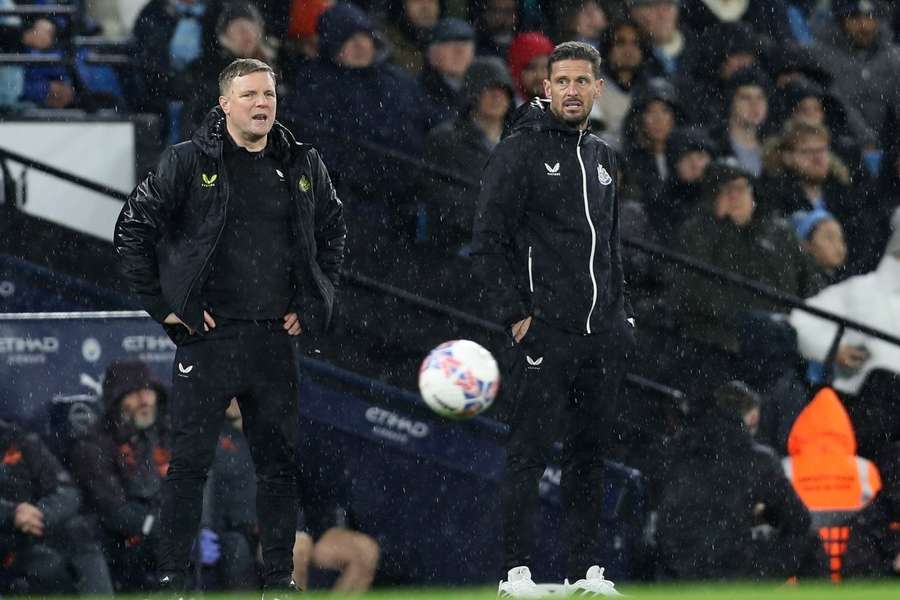From Next Pele to Lost Love: How I Fell Out of Football
For Football Manager fans of a certain vintage, the name Freddy Adu will evoke memories of unfulfilled potential and unmet expectations, rather than the stardom achieved by players like Lionel Messi and Cristiano Ronaldo.
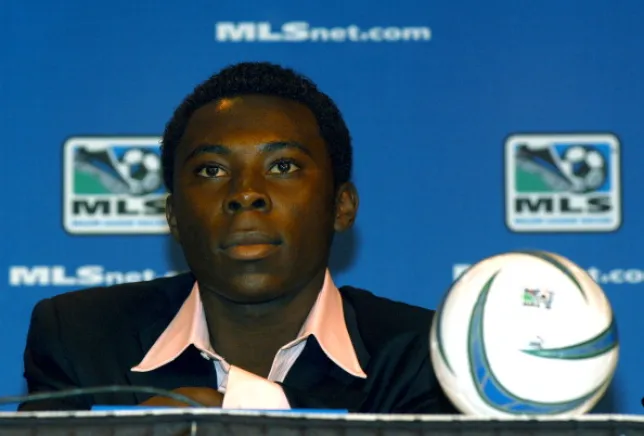
At the age of 14, one of football’s most notorious wonderkids became the highest paid player in Major League Soccer before becoming the youngest ever player to represent the United States men’s side.
Tipped to become an even bigger star than Michael Jordan and Tiger Woods, Adu was the youngest professional athlete in the history of major US sport and was swiftly christened the ‘new Pele’ by the unrelenting hype machine behind his rise.
Only it never happened. Adu’s career was over before it truly started. The Ghanian-born star rose to stardom playing for DC United but struggled away from US soil. There was the infamous trial at Manchester United when he was 16, impressing Sir Alex Ferguson during his two weeks at the club, only for visa issues to put an end to any prospective move.
Adu’s other spells in Europe led him to disappointment and anonymity. Despite a bright start at Benfica, he struggled at Belenenses, Aris, Çaykur Rizespor in Portugal, Greece and Turkey where he failed to make more than 13 appearances in a single season.
Adu is not bitter about his experiences – as brutal as some of them were, having revealed he has still never been paid by some of the clubs he represented during his nomadic career across 15 different teams. Brought in as what he describes as a ‘marketing tool’ for clubs hungry for some of the spotlight, his passion for football faded to the point where he no longer cared for the sport and wanted nothing else to do with it.
Now 35, Adu has turned a new chapter with helping a new generation of stars his priority, seeing the burgeoning teenage talent he once was in the youngsters he now works with. Over two decades on from the madness, his love for the game has returned – even if it didn’t always love him back.
‘My love for the game right now is at an all-time high,’ Adu told Metro via the home of WoW Gold. ‘Because of everything that I went through as a player, because of the way I was used by a lot of teams and a lot of people that took advantage of me – to this day there are teams that have still not paid me my salary from when I was there – until today that is still a problem!
‘Teams where you were brought in as a more of a marketing tool than an actual player to help and play for the team, that was a point where I completely lost my love for the game, I’m not going to sit here and lie.
’I always enjoyed playing and it was fun for me – yes it was a job, but it was always fun. But somewhere down the line, that fun was gone. It was gone and I wasn’t enjoying it, and it became something where I was just doing it because I had a contract. It was gone. I went through a few years where I had lost my love for the game and to be honest, that is why I stopped playing for a while – I didn’t say anything to anyone, but I just stepped back and didn’t make it public.
‘It wasn’t until one of my closest friends got me into coming out and running a training session for his team here, that’s when I started getting the love back for the game, just being around those kids, seeing that look and that hope in their eyes – they’re dreaming big, talking about players like Ronaldo and Messi, and they want to be professional and play for the national team. It wasn’t until being around them that I started to have that love back again. I saw a lot of myself in those kids.’
Adu has thrown himself into a new coaching career with his dream to get involved at youth level for the USA sides. ‘I think I would be able to offer a lot of value to these players because of my experiences as a player. You have to be able to relate to these kids, someone who has been through all that and someone that they can talk to.’
Looking back on the point where things went most drastically wrong for him, Adu pinpoints his move from Benfica to join AS Monaco on loan in the summer of 2008. At the Portuguese giants, another promising crop of future stars were emerging, chiefly David Luiz and Angel di Maria, but Adu did not get the chance to play alongside them on a consistent basis.
‘In Monaco, it was the president that wanted me, it was the president that went through everything,’ Adu continued. ‘I was told that the coach was on board, that everything was good and that I was going to play and Benfica got the same info.
‘I got there and I found out right away that the coach really didn’t really want to have me there because his job was on the line so he preferred having more experienced players at the time, not young players that might need some adjustment time.
‘I think that’s what started the domino-effect of me going on loan. I want on so many different loans to so many different teams, and that’s what started it. So if I had the chance to make that decision again, I would stay at Benfica and I would have worked my a** off to try and get more playing time, as Di Maria did.
‘If I was there, I would have had a similar opportunity that guys like Di Maria and David Luiz had at that time, because we were all younger players there. At that point, I even played better than Di Maria – David Luiz was a full-time starter, he was a great defender and a great player so he was in the team and started every game. But between myself and Di Maria at that time, I had ended up playing better than Di Maria during my time there, so I think I would have had a similar opportunity to him.’
Adu believes lessons have been learned in football. 15-year-old Cavan Sullivan, the new hope of US football, will join Manchester City at the age of 18 with the former wonderkid believing player protection over prodigious teenage talents coming out of the US must be the priority.
‘[Cavan] he’s signed a deal with Manchester City but it’s a ‘future deal’, meaning he’s not going there until he’s 18 years old,’ Adu said. ‘That is something that is different from what it used to be. A player like myself, when I signed I just went, going right away into their youth system and who knows what would happen once you get there.
‘As a younger player it’s hard, very hard, to move from one country to another and adjust to the culture, adjust to the playing; it’s just very difficult. For Cavan, he will be 18 and will be able to deal with it much better. I think in that aspect, we have made some strides, but there is still a lot of work to do because there are a lot of other players that are just getting signed and going right away, and everything doesn’t quite go their way or they fall apart and you don’t hear of them.’
Having been an integral part of a system that failed him, Adu hopes he can still have a big role to play in the sport that once chewed him up and spat him back out.
‘I absolutely love coaching. Right now, I love coaching the younger players as I am really able to help them, and they’re much more receptive and can really get through to them. To see them develop as players, and see them play for their teams and performing better, it’s a great feeling for me. Right now, I gravitate towards that, because when I was younger I wish I had people that cared for me and my development, so I’m trying to use my experience and everything that I went through to try and really help these younger players out, and it has been fantastic.
Down the line, coaching would be something that I would be very interested in getting into at the professional level, which will obviously take some work and time, but it is something that I would be interested in.’
RELATED STORIES

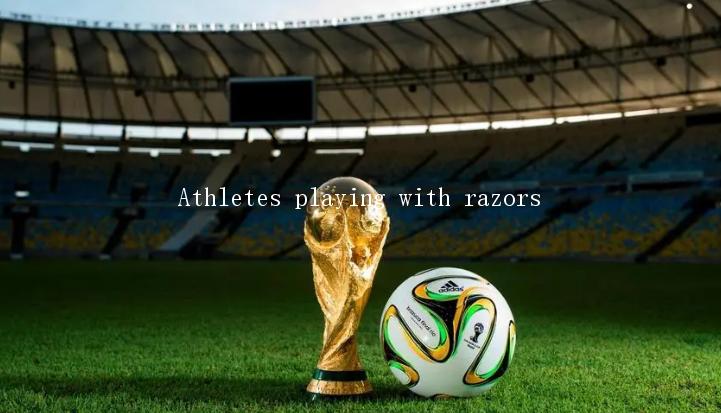
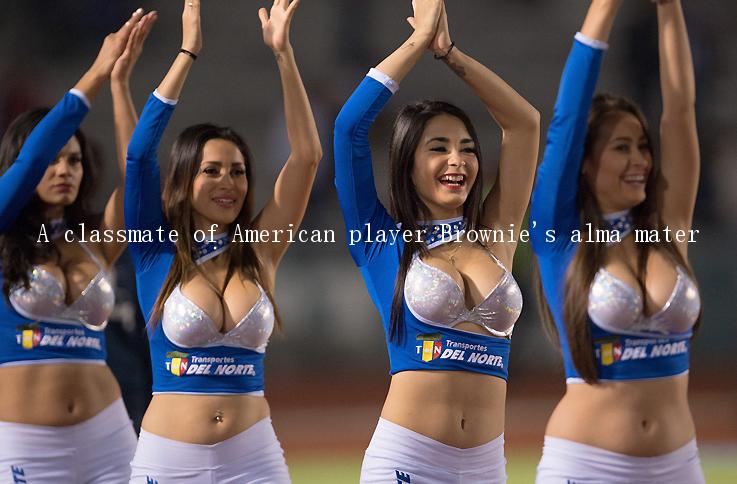
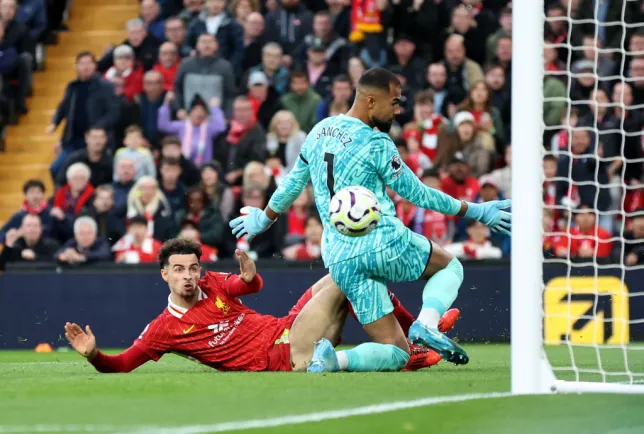
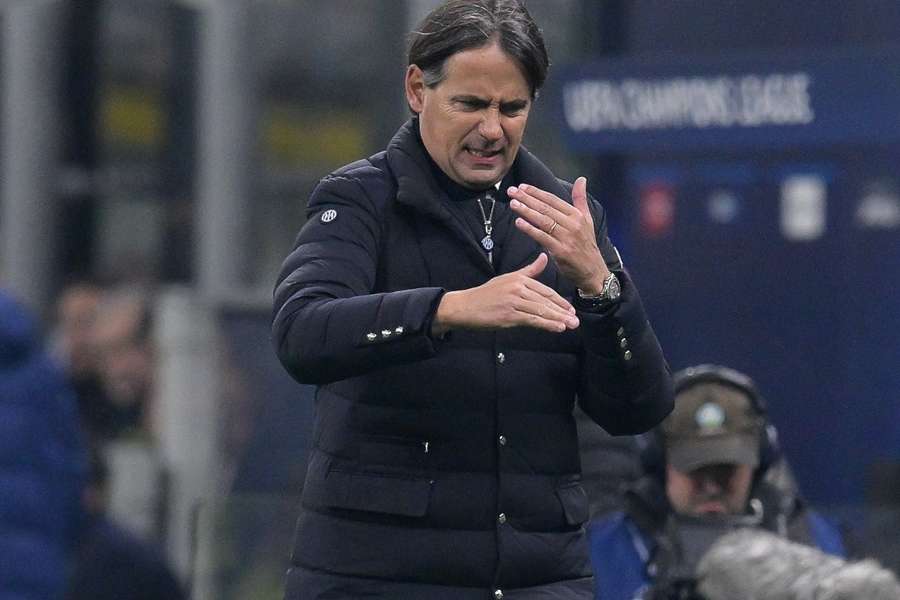
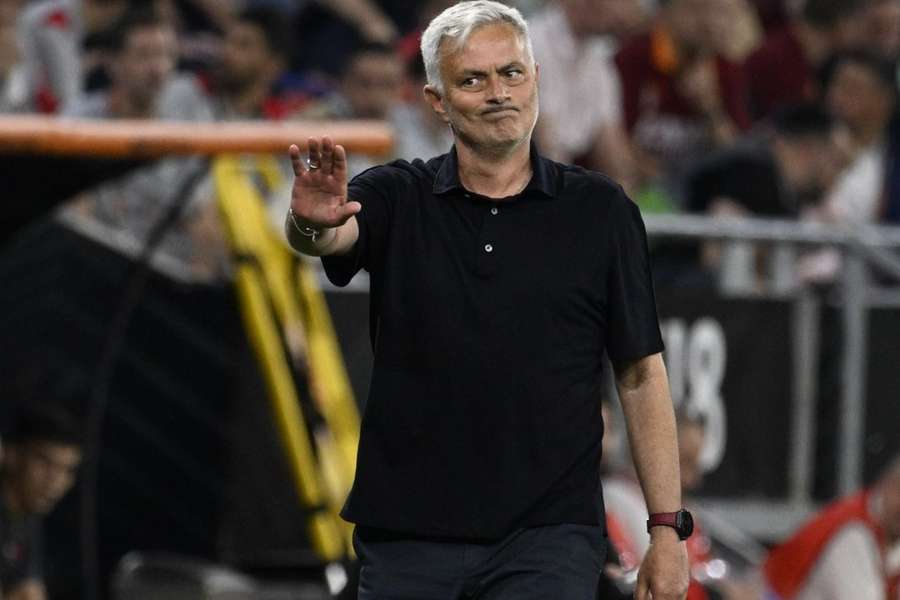
LATEST NEWS
